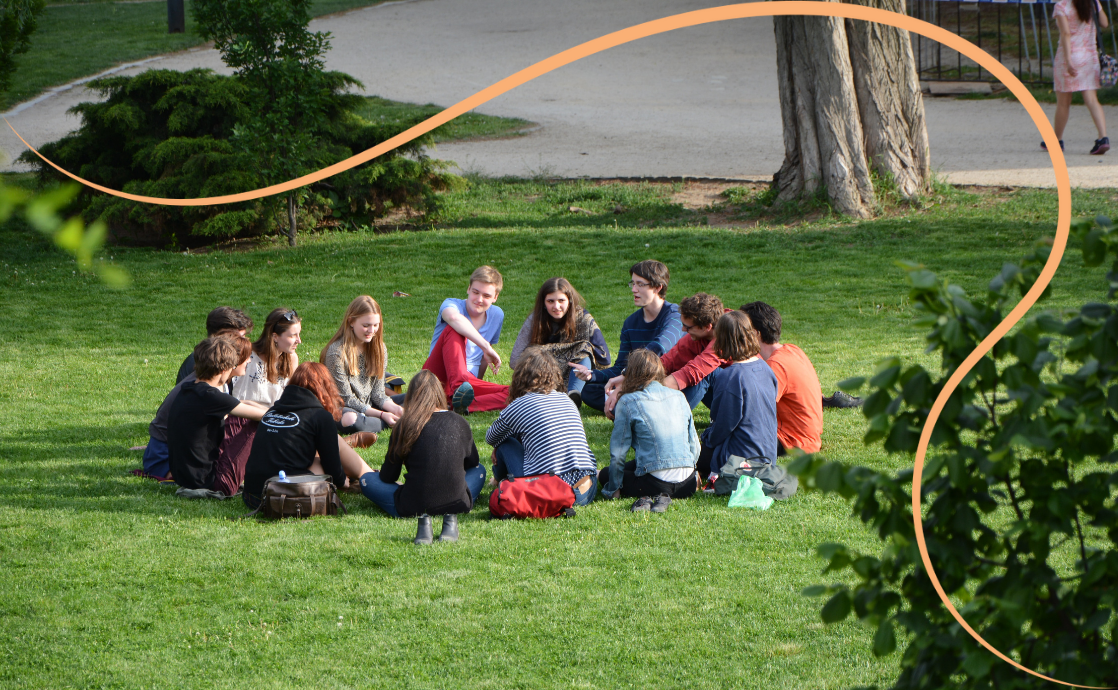What does it truly mean to be part of the Bahá’í community? Is it merely about adherence to specific doctrines, or does it encapsulate a broader, more intricate relationship with fellow believers and the principles of a shared faith? These questions beckon exploration as they stir a delightful inquiry into the ethos of community which Bahá’í teachings advocate.
The Bahá’í community, characterized by its inclusivity and vision of global unity, offers a sanctuary where individuals can cultivate spiritual growth and social responsibility. Engaging with Bahá’í principles necessitates an understanding of several foundational aspects: identity, collective action, social principles, and the pursuit of social justice.
To commence, let us delineate what it means to identify as a Bahá’í. The acceptance of Bahá’u’lláh as the latest prophetic figure is paramount. However, identity in this context transcends mere acknowledgment of a historical figure. It is an invitation to inner transformation. Every Bahá’í is encouraged to experience a personal journey, fostering a sense of belonging that binds one to the heart of the community. It poses a paradox: one may not be a formal Bahá’í, yet find profound connections to the values that the faith embodies. Could one truly live the ideals of unity and love, even while standing outside the formal threshold of membership?
Embarking on one’s Bahá’í journey distinguishes itself through devotion to learning. Knowledge is exalted in the Bahá’í teachings; thus, the quest for understanding is critical. Individuals are encouraged to delve into the sacred texts, engaging in study circles and discussions. This collective effort not only enriches personal insights but also fosters a robust sense of community. One might wonder, how can community dynamics evolve through shared learning experiences? The nurturing of collective wisdom serves as a catalyst for enhanced bonding, enriching communal life and accentuating the principle of unity amidst diversity.
Collective action is another cornerstone of the Bahá’í community. The emphasis on collaborative endeavors aims to transcend the mere gathering of individuals, propelling them towards purposeful engagement with society. When members unite for community service projects, educational endeavors, and social initiatives, they manifest the Bahá’í principle of service to humanity. This begs an intriguing inquiry: can collective participation forge a more resilient community spirit, even in the face of societal challenges? The answer lies in sustained commitment to actionable change and participation beyond individual aspirations. Such actions invigorate the community fabric and affirm the belief that every individual has a role to play.
Further exploration into the Bahá’í ethos unveils its foundational social principles: the oneness of humanity, the elimination of prejudices, and the promotion of equality, particularly gender equality. These principles serve as guiding frameworks for interactions within the community and beyond, inviting both solidarity and accountability. However, it raises an essential question: how effectively can one embody these ideals in a world rife with discord and disparity? As challenges abound, Bahá’ís are called to examine their own biases and strive toward a life that reflects the very tenets they espouse.
One potentially unsettling notion presents itself: that community identity can be a double-edged sword. While it undeniably fosters a sense of belonging, it can also create barriers for those who feel marginalized or who struggle to conform to communal standards. Thus, it becomes vital for Bahá’ís to actively nurture an environment that celebrates individual differences and profession of authentic selves. This task may seem daunting but offers a pathway towards greater inclusivity, challenging the community to reflect on how it is both gathering and creating space for all seekers of the truth.
Moreover, the Bahá’í community emphasizes the necessity for social justice as an intrinsic part of its mission. Social justice efforts reflect the unwavering belief that all humans, irrespective of background or belief, are deserving of dignity and respect. In practice, a Bahá’í strives to implement principles of equity and fairness within both personal interactions and broader societal engagements. Such orientations not only align with the teachings but also cultivate advocacy for broader societal changes. What role does the advocate play when voicing the concerns of the marginalized within the realms of a Bahá’í-inspired community? The possibilities for impactful advocacy abound, inviting creativity and resilience even in complex circumstances.
Finally, living as part of the Bahá’í community extends beyond theoretical attachment; it involves a continuous interplay of personal development, social interaction, and active contribution to the collective vision of a united humanity. While challenges abound, each individual can grapple with their place within the fabric of this community, thereby weaving their unique narrative into the overarching story of the Bahá’í faith. How can self-reflection and openness serve as catalysts for strengthening the overall community? The answers may lie in the myriad ways that individuals choose to contribute, engage, and grow—enhancing both personal and communal evolution.
In conclusion, being part of the Bahá’í community is not simply a matter of membership; it is an ongoing commitment to embrace the spiritual and social teachings of the faith in a practical and meaningful way. It calls for introspection, collective effort, and a conscious embrace of diversity, equity, and justice. As members navigate their paths, they discover the rich tapestry of shared values and the profound bonds of unity that the Bahá’í community strives to uphold. Ultimately, in asking oneself how they fit into this intricate community, one opens the door to a transformative journey, rich with possibilities for personal and collective enlightenment.
